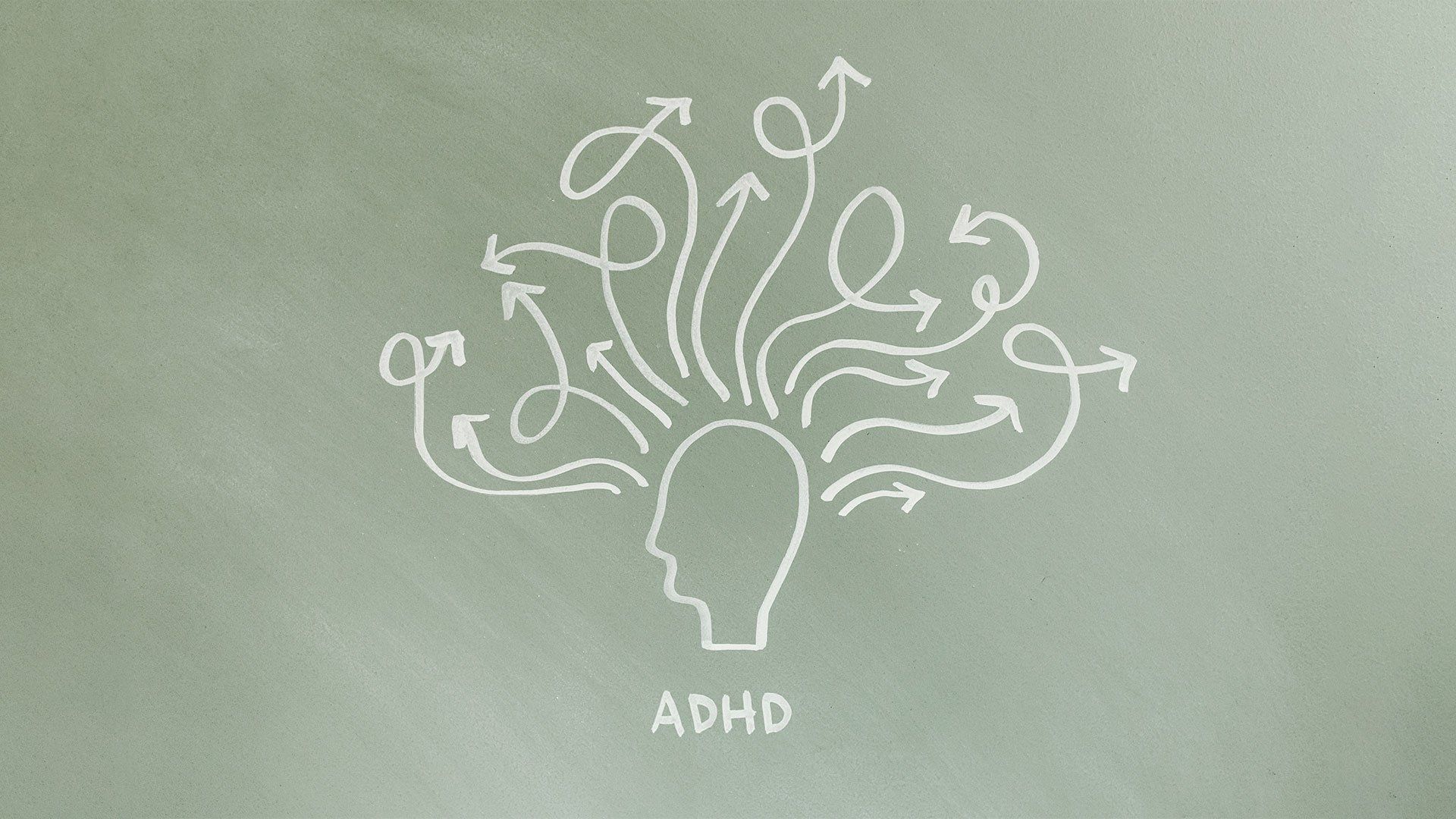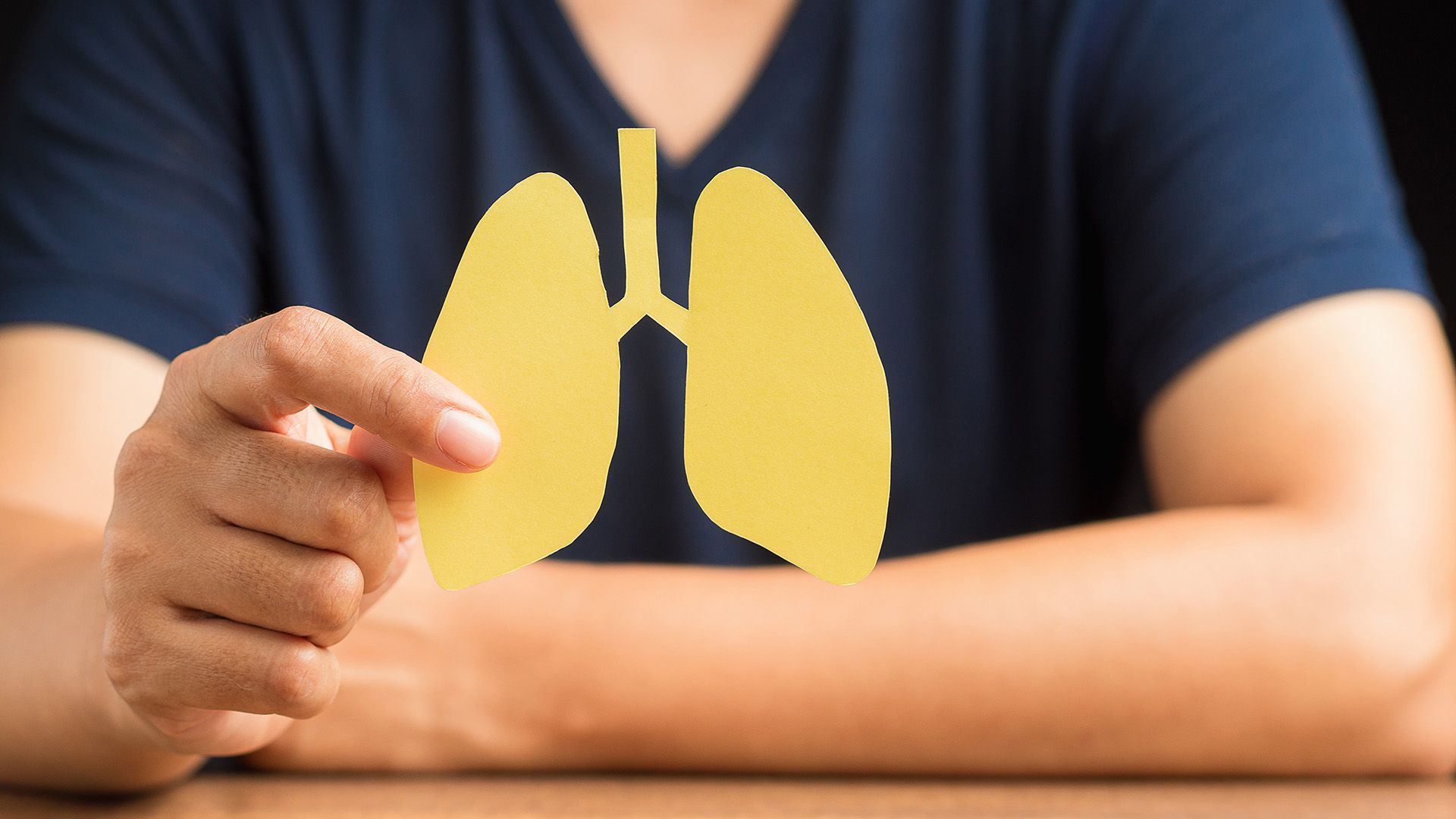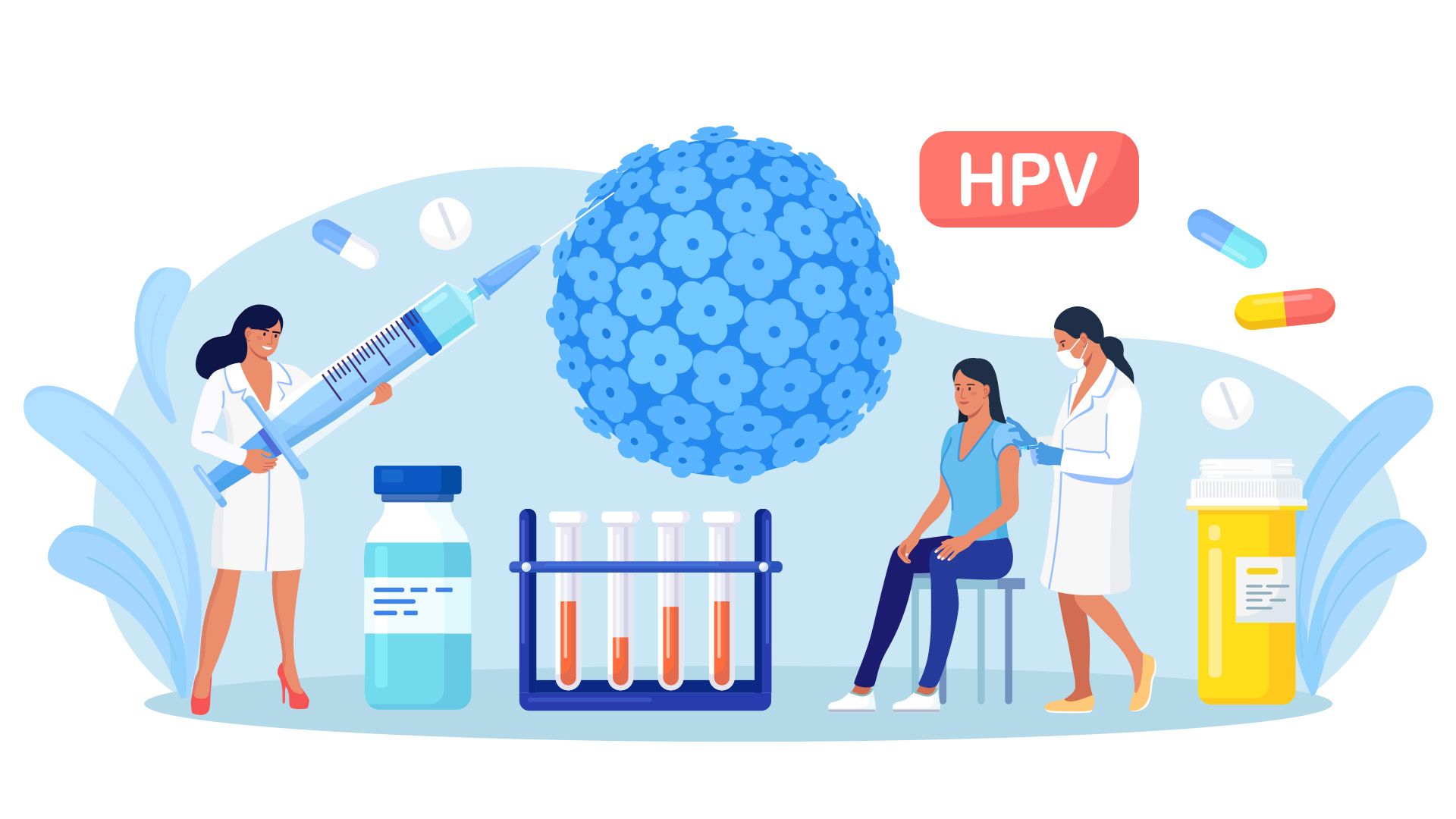Attention Deficit Hyperactivity Disorder not just a kid’s problem
Impact of ADHD into adulthood significant
People with ADHD are often thought of as simply being hyperactive, distracted or generally disorganised. However, there is much more than meets the eye to this attention disorder that is usually associated with children but, interestingly, is also common in adults.
Dr Laura Comrie, a psychiatrist practicing at Netcare Akeso Kenilworth, points out that there are many misconceptions around ADHD – which stands for Attention Deficit Hyperactivity Disorder – and that it in fact describes a very real and legitimate problem with regulating attention.
“This largely hereditary neuro-developmental disorder has to do with the wiring of the brain during development. The research indicates that ADHD has persisted since childhood in 25% - 50% of adults who have it. While current figures for adults with ADHD are at around 4% in the general population, it is suspected that this number is much higher but that due to a lack of awareness, it often goes undiagnosed.”
Is this you or someone you know?
Dr Comrie notes that there are three different sub-types of ADHD, each of which present differently.
1. Hyperactive/Impulsive:
- Fidgety, unable to sit still or wait patiently
- Talking too much, interrupting others
- Highly active – as though there is a motor constantly running inside
2. Inattentive:
- Easily distracted and often day-dreaming; seemingly avoiding dislikes
- Problems with completing or remembering tasks; making mistakes
- Losing things often and difficulty in being organised
3. Combined:
- A combination of the above types of symptoms
“ADHD tends to present more commonly in men, with the Hyperactive/Impulsive type being most prevalent in that sex. These individuals will often choose a line of work that involves physical activity rather than sitting at a desk. Inattentive ADHD is more common in women. It is possible that because Inattentive ADHD is less of a visible concern, it is more undiagnosed than Hyperactive/Impulsive or Combined ADHD.
“The disorder occurs on a spectrum, so it is more severe in some than in others. Many people are quite functional and have systems in place to help them manage their condition. Those with ADHD often have a strong entrepreneurial spirit as they tend to be creative thinkers and can experience incredible levels of focus on subjects about which they are passionate. At the same time, they can really struggle with more mundane tasks in life, such as doing the bookkeeping or remembering to run an errand, for example.
“This type of behaviour can be frustrating for family members and colleagues but it is quite literally out of the control of the person with ADHD. Because it is a neurological disorder, it often requires medical intervention to help regulate it. It is most certainly not the case that these individuals lack discipline or are lazy, as some people believe. In fact, they have the potential to make valuable contributions to society, provided they receive the medication, psychotherapy and societal support that they need,” she says.
Why medication?
Dr Comrie explains that ADHD affects the delivery of two neurotransmitters – namely dopamine and noradrenaline, also known as norepinephrine – to the front part of the brain that controls planning, organisation, maintaining focus during routine tasks and similar neural processes.
“These neurotransmitters are important for ensuring that such processes in the brain take place effectively. In people with ADHD, dopamine and noradrenaline are not being properly delivered to the front part of the brain, affecting the brain’s function. This has been studied with the use of magnetic resonance imaging (MRI), which has clearly shown measurable differences in the brains of those with ADHD and those without it.
“Medication is important for these individuals to function in a neurotypical or ‘normal’ world, like school, university or certain workplaces. This helps them to gain and maintain confidence, to absorb and retain information and generally to develop and grow,” she says.
According to Dr Comrie, ADHD medication works by delivering the missing stimulants, dopamine or noradrenaline, to the brain. “The more common type of medication used assists with the delivery of dopamine and works quickly, sometimes within 20 minutes. It also leaves the system quickly – within four to eight hours. Dosage and type will therefore depend on whether you need short-acting or long-acting medicine. Adults usually require long-acting medicine, because their workday is typically longer than a school day.
“This type of medication is not a huge commitment, as the person is able to try it out and see fairly quickly if it works for them. Many adults choose to take this medication only when they need it, in circumstances which they know will require strong focus – for example they may skip it on weekends. This medication can however make you feel wired and over-stimulated, in which case the other form of medication needs to be explored.
“The second type of ADHD medication available works on noradrenaline. This requires you to gradually build up towards the full dosage over ten weeks and must be taken daily without skipping a dose, in order to build and maintain efficacy. This is often seen as the second line in treatment as it is a bigger commitment.
“The medicines are costly but it is important to weigh up the cost versus benefit ratio against how difficult your life can be without the help. Fortunately, generics have become available in recent years so the medication is more affordable now than previously. Again, ADHD occurs on a spectrum and only those with impaired functioning in daily life really need to consider using medication,” she says.
Other factors to consider
Addressing the concern that many people have around they or their children taking medication for ADHD, Dr Comrie points out that if untreated, ADHD can lead to a serious lack of confidence as well as low academic or career performance.
“Some individuals are afraid of addiction to ADHD medication. However, by not having the clinical support they need, people with ADHD may seek out the stimulants their brains need elsewhere, such as in certain illegal and seriously addictive drugs. If used properly, ADHD medication can in fact help to avoid substance addiction into adulthood.
“Upon receiving an ADHD diagnosis, it is important to fully discuss both medication and psychotherapy treatment options with a psychiatrist, as contributing factors such as anxiety or depression need to be taken into account in creating the right treatment programme.
“The medical management of ADHD can only be improved with a healthy lifestyle such as avoiding stimulants like caffeine, eating a balanced diet, exercising regularly, getting enough sleep and practising daily mindfulness in the form of a breathing exercise, for example. This approach, along with understanding and support from family and colleagues, can go a long way to positively impacting the life of someone with ADHD,” concludes Dr Comrie.














